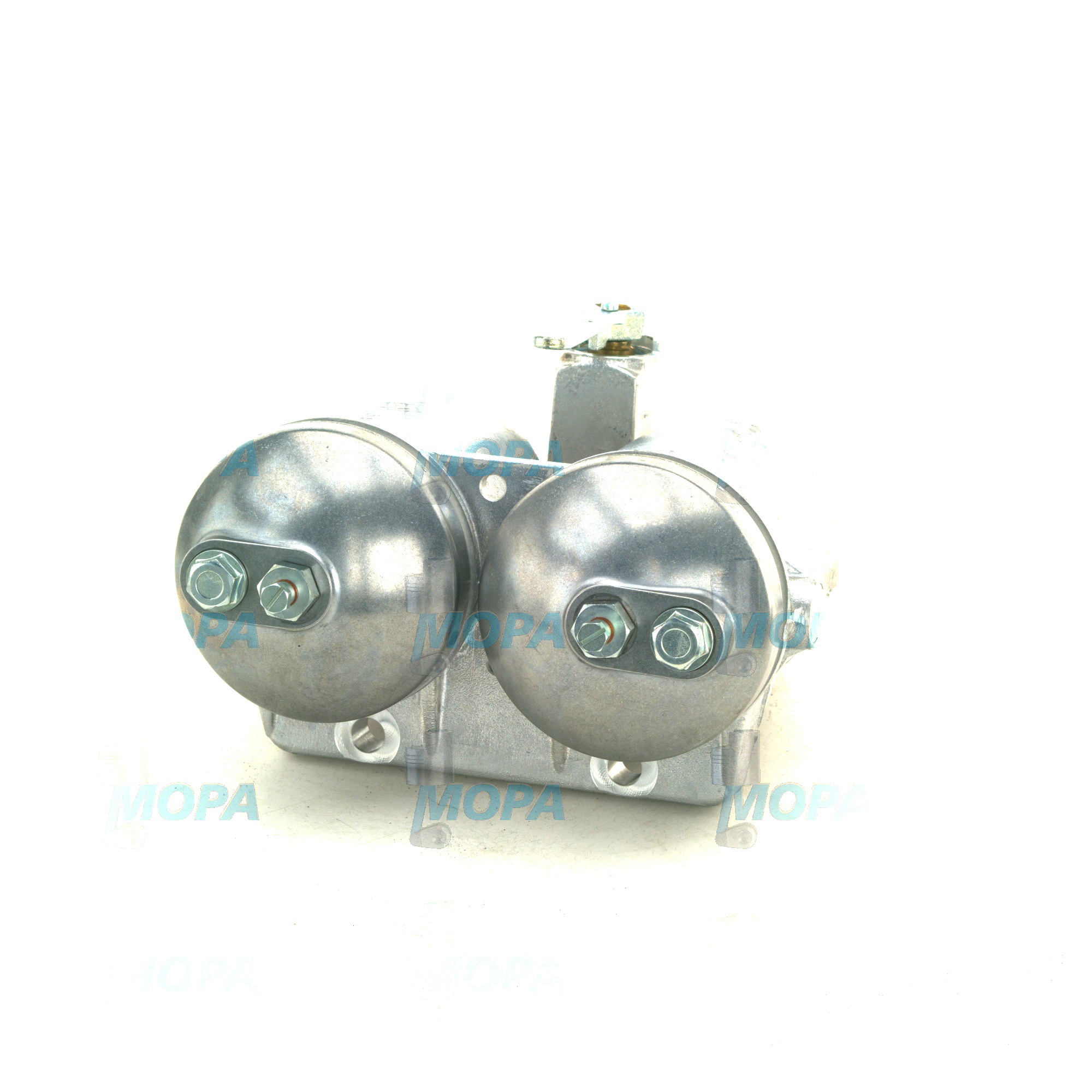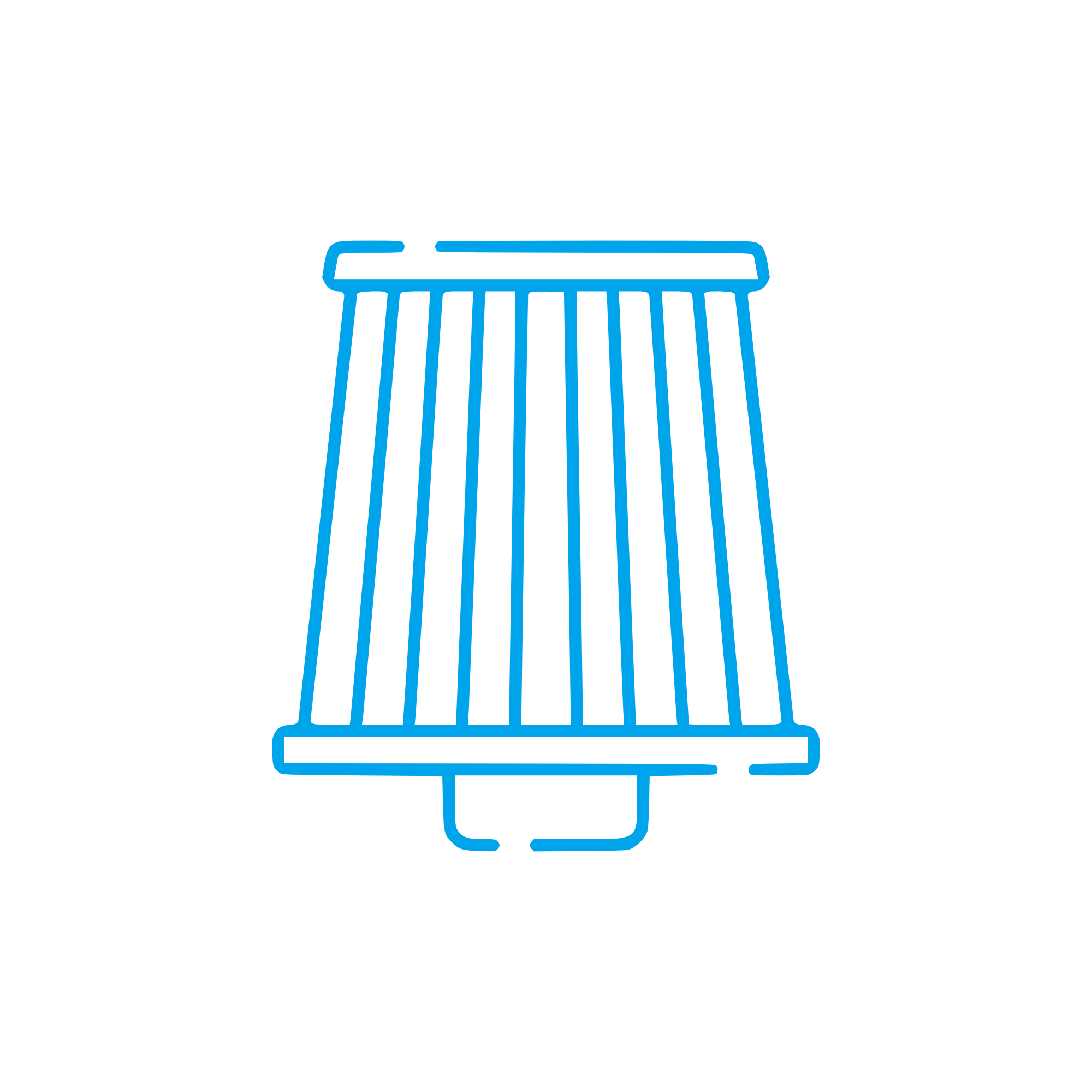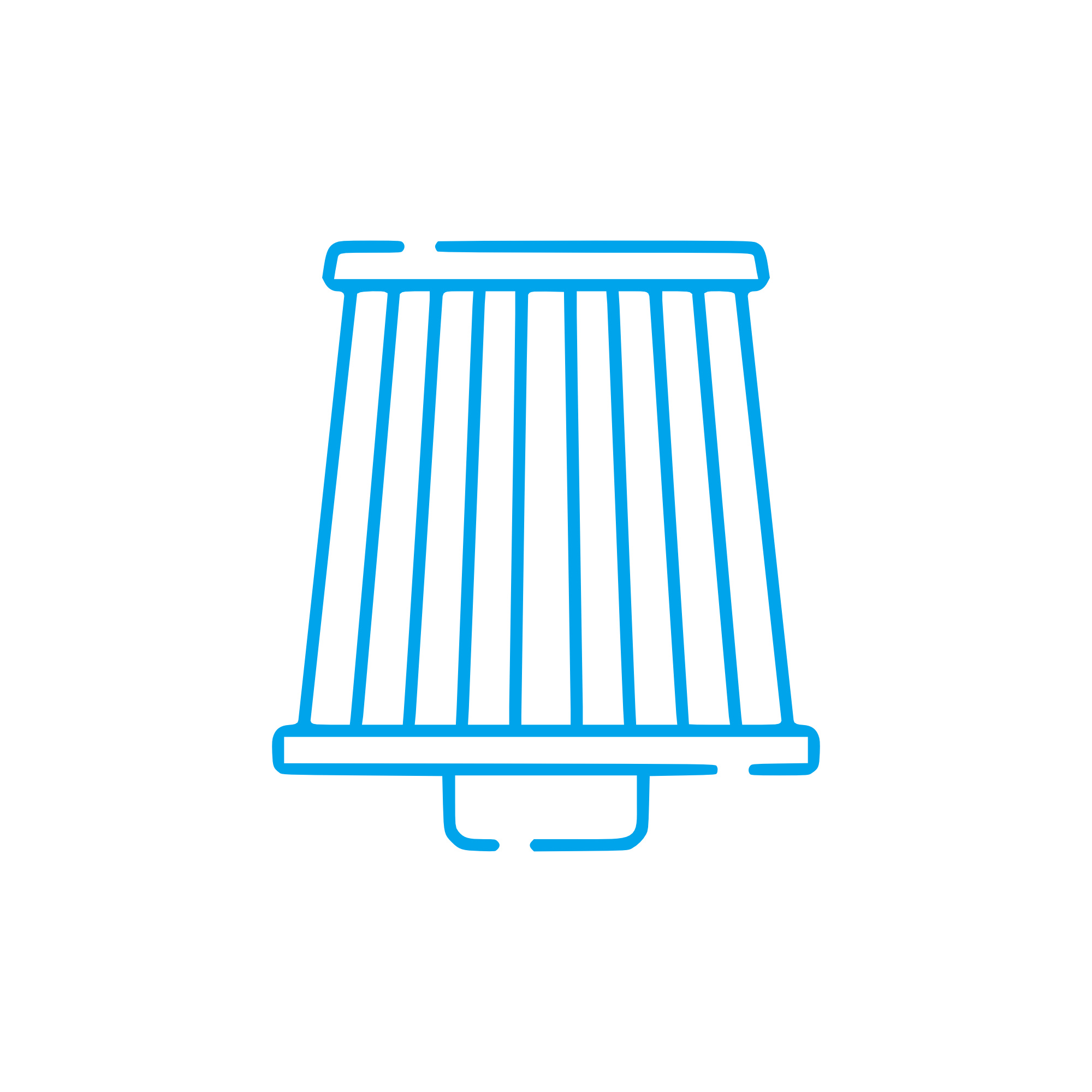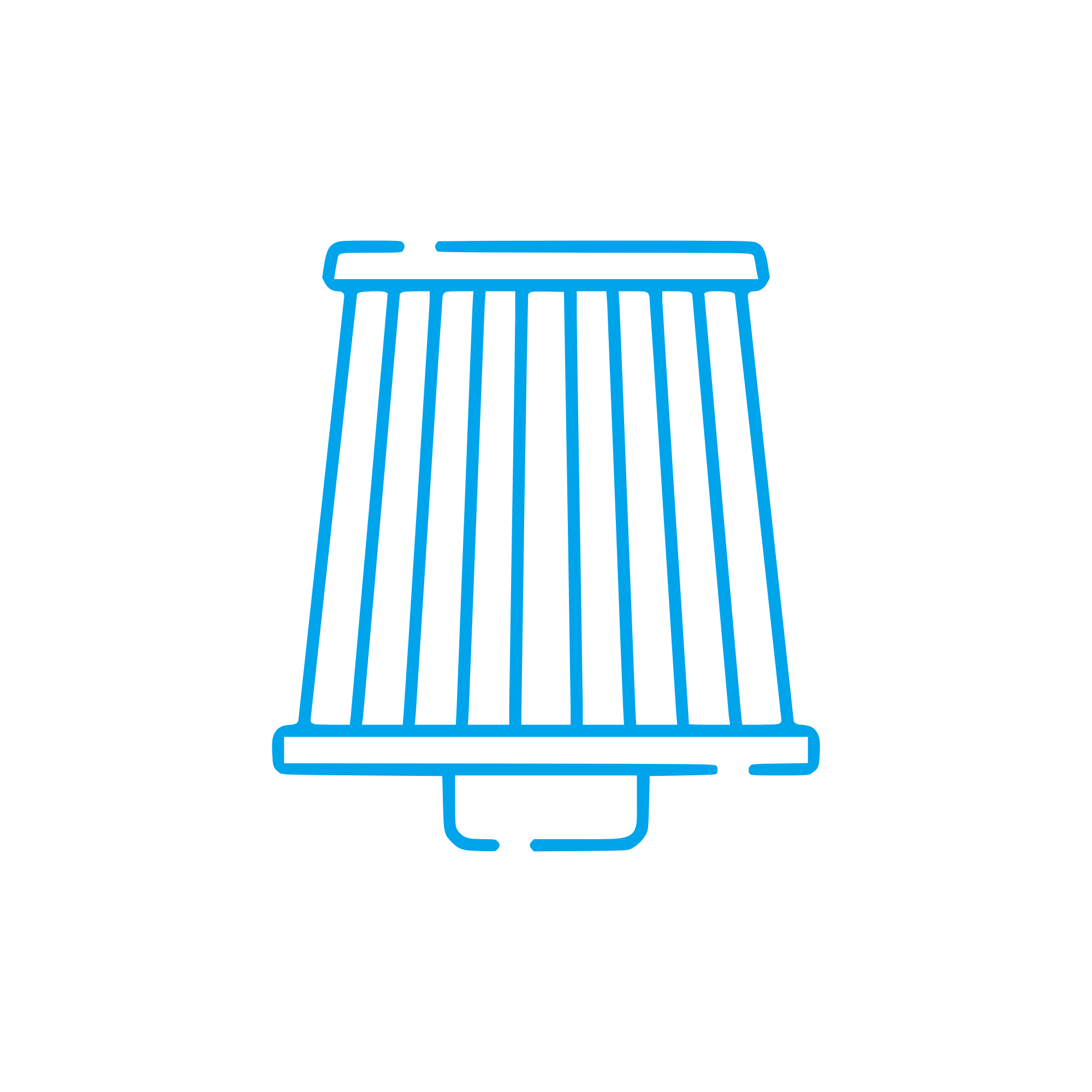FUEL FILTER and Engine Filters for Marine, Diesel, and Gas Engines
Filters are critical protective elements in every propulsion and power-generation system. As part of the broader category “Filter,” the FUEL FILTER sits alongside air, oil, coolant, and hydraulic filters to keep contaminants away from precision engine components. In marine engine rooms and industrial plants alike, correctly specified filtration upholds stable operation under variable fuel quality, high loads, and long service intervals. Without effective filtration, abrasive particles and water quickly degrade injection equipment, accelerate wear, and undermine performance, efficiency, and safety.
In practice, the filter family covers multiple media types, separation mechanisms, and configurations—from pre-filters and duplex housings on vessel fuel lines to fine filters protecting common-rail systems. The right FUEL FILTER and complementary filters form a coordinated defense against dirt, water, asphaltenes, microbial growth by-products, and oxidation residues that inevitably accumulate in storage tanks and distribution networks.
Technical function: how filters—and the FUEL FILTER—protect a diesel engine and marine engine
A FUEL FILTER for a diesel engine removes solid contaminants at defined micron ratings and separates water before it reaches the high-pressure pump and injectors. In marine engine applications, the filtration train commonly includes a coarse pre-filter/water separator at the tank outlet, followed by a fine FUEL FILTER upstream of the injection system. Modern common-rail systems operating at up to 2,500 bar require clean fuel to micron-level specifications; even particles in the 2–5 µm range can erode injector needles and compromise spray patterns.
Technically, FUEL FILTER OEM parts are engineered around media with controlled porosity and depth-loading behavior. Multi-layer cellulose or synthetic microfibers capture a broad particle size distribution while maintaining low differential pressure. Water separation is achieved via hydrophobic coatings and coalescing layers that aggregate fine droplets for efficient drainage—vital when bunkered fuel carries entrained moisture. Quality filters are validated against standards such as ISO 19438 (efficiency and dirt-holding capacity) and ISO 16332 (fuel/water separation), ensuring predictable performance under real-world conditions.
Well-designed housings and cartridges maintain structural integrity during cold starts, pressure pulsations, and high flow rates. Features may include integrated priming pumps, water-in-fuel sensors, heating elements for cold climates, and restriction indicators to signal service needs. By controlling contamination and water content, the FUEL FILTER stabilizes combustion, protects precision clearances, reduces injector return flow, and helps the engine meet emissions and fuel-consumption targets.
- · Defined micron ratings matched to engine specifications.
- · High dirt-holding capacity for extended service intervals.
- · Efficient water separation for variable marine diesel fuel quality.
- · Low pressure drop to protect pump inlet conditions and performance.
- · Robust, corrosion-resistant housings for shipboard environments.
- · Stable filtration under high differential pressure in common-rail systems.
- · Compatibility with ULSD, MGO, and biodiesel blends where specified.
- · Options for sensors, heaters, and duplex changeover for continuous duty.
Importance for engine operation: why the FUEL FILTER is mission-critical
The reliability and service life of propulsion and auxiliary engines depend on consistent filtration. A worn, clogged, or unsuitable FUEL FILTER allows abrasive particles and water to reach the injection system, leading to accelerated wear, corrosion pits, sticking actuators, and poor atomization. Consequences include hard starting, power loss, increased specific fuel consumption, smoky exhaust, rising differential pressure across the filter train, and ultimately unplanned shutdowns—unacceptable for vessels on tight schedules or plants with PPA obligations.
Downstream damage is costly: injector replacement, high-pressure pump failures, and cylinder liner scoring can rapidly exceed the cost of proper filtration by orders of magnitude. In marine operations, dirty or wet fuel can trigger engine alarms in heavy seas, creating a safety risk and operational delays. Keeping the FUEL FILTER and related filters in optimal condition is a straightforward, high‑return investment in uptime, efficiency, and compliance.
Advantages of OEM spare parts suitable for Filters and FUEL FILTER
Using OEM spare parts suitable for the filter system preserves the engineered balance of efficiency, flow, and protection that the engine was designed around. Media composition, pleat geometry, end-cap bonding, and seal materials (e.g., NBR, FKM) are tuned to resist modern fuels, including ULSD and FAME blends, without swelling or fiber shedding. Consistent beta efficiency, verified dirt-holding capacity, and validated collapse/burst strength ensure the filter performs predictably from installation through to planned service.
For purchasers and fleet managers, this translates directly into measurable outcomes: stable injection pressures, cleaner combustion, fewer call-outs, and longer component life. OEM parts also streamline procurement and budgeting through accurate cross-referencing, reliable lead times, and documented conformity, reducing the risk of fitment issues or premature changeouts.
FUEL FILTER OEM parts for marine engine and diesel engine fleets
Specifying FUEL FILTER OEM parts helps maintain the required cleanliness targets upstream of high-precision injectors, supports water separation to marine standards, and minimizes pressure fluctuations that can stress the high-pressure pump. For multi-engine vessels and power plants, standardizing on OEM spare parts suitable for filters simplifies inventory, training, and service intervals—lowering total cost of ownership while protecting performance.
MOPA as a partner for OEM spare parts Filter and FUEL FILTER
MOPA is an experienced, reliable partner for OEM spare parts Filter, including FUEL FILTER solutions for diesel and gas engines. We combine technical expertise with fast, secure sourcing to keep critical equipment running. Our team supports you with correct part identification, cross-references by engine model and serial, and documentation that ensures traceable, quality-controlled deliveries.
For shipowners and industrial operators, MOPA accelerates procurement with responsive quotations, well-managed logistics, and careful packing for worldwide shipments. Whether you need single FUEL FILTER cartridges, complete duplex assemblies, or coordinated maintenance kits, we prioritize speed, quality, and security in the trade of OEM parts for marine engine, diesel engine, and gas engine applications.
Conclusion: FUEL FILTER and filters that safeguard performance
The right Filter setup—with a correctly specified FUEL FILTER at its core—protects injection equipment, stabilizes combustion, and preserves engine efficiency and reliability. Choosing OEM spare parts suitable for filters ensures consistent performance, longer service life, and predictable maintenance budgets across marine and industrial fleets.
Partner with MOPA to source FUEL FILTER OEM parts quickly and confidently, and keep your engines operating at their designed performance day after day.






